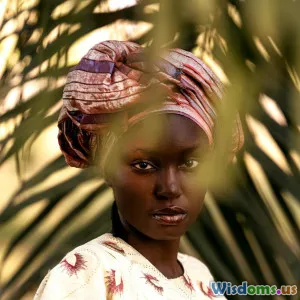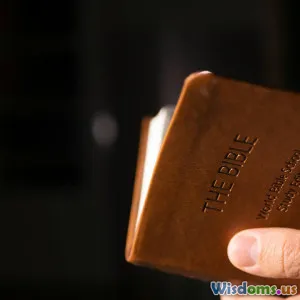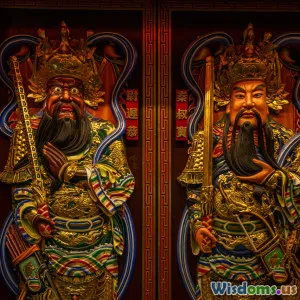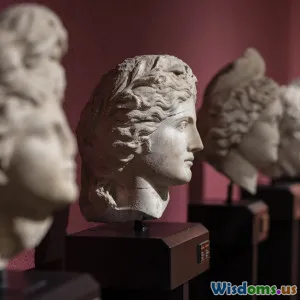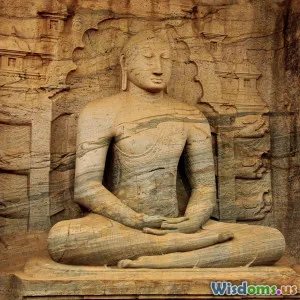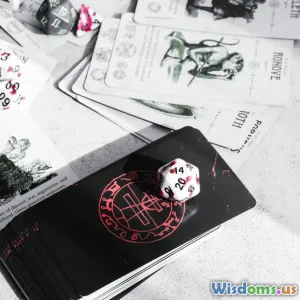
The Role of Mythology in Modern Storytelling
6 min read Explore how ancient myths influence today's narratives and storytelling techniques, shaping modern culture and entertainment. (0 Reviews)
The Role of Mythology in Modern Storytelling
Mythology has long been a cornerstone of human culture, serving as a means to explain the unexplainable, impart moral lessons, and connect communities through shared narratives. In today's world, where storytelling permeates every aspect of life—from literature and film to advertising and gaming—mythology continues to play a significant role, influencing how stories are crafted and received. This article delves into the intricate relationship between mythology and modern storytelling, exploring its relevance, applications, and impact.
Understanding Mythology
Before we dive into its role in modern storytelling, it’s essential to understand what mythology is. Mythology refers to a collection of myths, which are traditional stories that a particular culture believes in, often involving gods, heroes, and the creation of the world. These narratives not only entertain but also provide explanations for natural phenomena, societal norms, and existential questions.
The Enduring Influence of Myths
Archetypes and Themes
One of the most profound ways in which mythology influences modern storytelling is through archetypes and themes. Carl Jung's concept of archetypes—universal symbols and motifs that recur in myths across cultures—can be seen in numerous contemporary narratives. For instance, the hero’s journey, a common narrative arc identified by Joseph Campbell, is present in stories from ancient myths like those of Odysseus to modern films such as Star Wars and The Lion King.
These archetypes resonate with audiences because they reflect shared human experiences and emotions. For example, the hero archetype represents the quest for self-discovery and growth, while the trickster embodies the complexities of cunning and morality. Writers leverage these archetypes to create relatable characters and compelling plots, ensuring their stories resonate on a deeper level.
Cultural Relevance
Mythology also serves to anchor modern stories in cultural relevance. By referencing or reinterpreting myths, writers connect contemporary issues with timeless themes. For instance, the retelling of Greek myths in novels like Madeline Miller’s Circe or the incorporation of Norse mythology in series like American Gods highlights how these ancient tales can provide context for modern dilemmas, such as identity, power, and morality.
Mythology in Various Mediums
Literature
In literature, authors often draw upon mythological themes to enrich their narratives. Fantasy novels, in particular, are rife with mythological references. Think of J.R.R. Tolkien’s The Lord of the Rings, which is steeped in mythic elements ranging from epic battles to quests for power reminiscent of ancient legends. This blending of myth and literature not only captivates readers but also invites them to explore complex themes through familiar frameworks.
Film and Television
In the realm of film and television, mythology offers a treasure trove of material. Marvel and DC Comics have resurrected mythological figures, reimagining gods and heroes for modern audiences. Movies such as Thor and Wonder Woman illustrate how ancient myths can be adapted into blockbuster films, exploring themes of heroism, sacrifice, and the nature of good and evil while appealing to contemporary sensibilities.
Video Games
The gaming industry also utilizes mythology extensively. Games like God of War and Assassin’s Creed weave intricate narratives that draw from various mythologies, allowing players to engage with these stories interactively. This not only enhances the gaming experience but also educates players about different cultures and their mythological backgrounds, fostering a greater appreciation for global narratives.
Conclusion
Mythology remains a vital source of inspiration for modern storytelling, transcending time and culture to create narratives that resonate with audiences. By tapping into archetypes, themes, and cultural relevance, contemporary writers and creators ensure that these ancient tales continue to shape our understanding of the world and ourselves. As we explore new narratives, the echoes of mythology remind us of the enduring power of stories to connect, inspire, and provoke thought—a timeless legacy that will undoubtedly influence generations to come.
Rate the Post
User Reviews
Popular Posts












